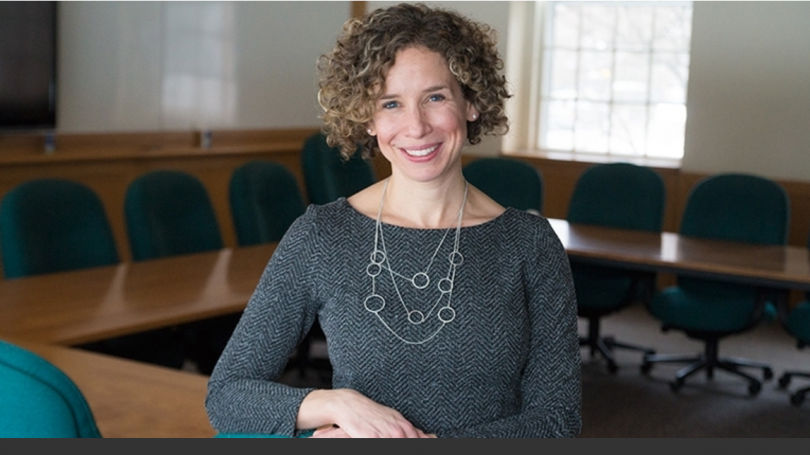
Menu
- About
- Undergraduate
- Research
- Inclusivity
- News & Events
- People
Back to Top Nav
Back to Top Nav
Back to Top Nav
Back to Top Nav
Prof. Elizabeth Cascio's recent research “Does Universal Preschool Hit the Target? Program Access and Preschool Impacts" was featured in New York Times Op-Ed "Some Good News — Seriously — About Politics" published on 06/03/2018, editorial by NYT Opinion Columnist David Leonhardt.
“Chicago announced that it would make pre-kindergarten universal. By 2021, the city’s 4-year-olds will be able to go to school full time. The pre-K classes will have a staff-to-student ratio of 10:1, as experts recommend. Many economists believe that good preschool programs are the single most effective way to lift living standards. Research by Dartmouth’s Elizabeth Cascio has found that universal pre-K — while more expensive than targeted, income-based programs — particularly helps poor children. They benefit from being in a diverse classroom. Best of all, Chicago fits a national pattern, and a bipartisan one. Other cities and states — Baltimore, Memphis and New York; Florida, Vermont and West Virginia — have also expanded pre-K. Nationally, about 33 percent of 4-year-olds were in state-funded pre-K last year, with another 11 percent in other public programs. It’s a major increase since the start of this century. Yes, the progress is too slow and the quality of programs still uneven. But the progress is real. ”
In April, 2018, Cascio's paper was the subject of a feature article “Universal preschool is most cost-effective, study finds” by Lillian Mongeau, which can be found in Hechinger Report and Forbes, and in December 2017, it was cited as an example of "research that shaped our world in 2017" by Dan Kopf of Quartz.